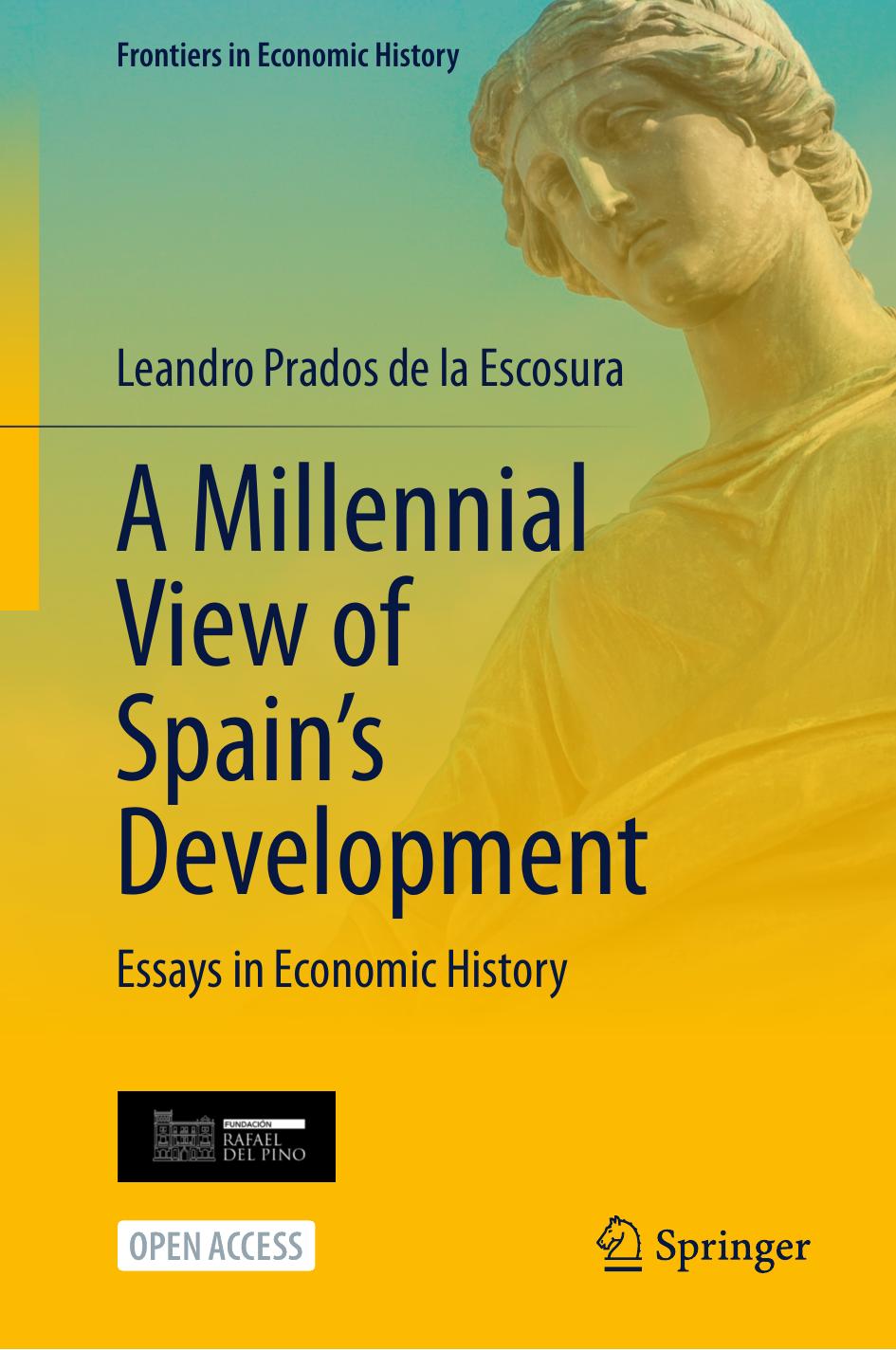

Most ebook files are in PDF format, so you can easily read them using various software such as Foxit Reader or directly on the Google Chrome browser.
Some ebook files are released by publishers in other formats such as .awz, .mobi, .epub, .fb2, etc. You may need to install specific software to read these formats on mobile/PC, such as Calibre.
Please read the tutorial at this link: https://ebookbell.com/faq
We offer FREE conversion to the popular formats you request; however, this may take some time. Therefore, right after payment, please email us, and we will try to provide the service as quickly as possible.
For some exceptional file formats or broken links (if any), please refrain from opening any disputes. Instead, email us first, and we will try to assist within a maximum of 6 hours.
EbookBell Team

4.3
18 reviewsWhile a collapse in the 1570s gave way to sluggish growth and higher inequality after a long phase of sustained growth and lower inequality, the book shows how real per capita income has improved substantially over the last two centuries, driven by increased labor productivity, and derived from more intense andefficient use of physical and human capital per worker. Presenting exposure to international competition as a stimulus for this development, the book sheds light on the underperformance of Spain up to 1950 in a European comparison and describes the catch-up of Spain’s economy with more advanced countries until 2007. Finally, the book explains how modern economic growth is associated with an increase in the material well-being of its inhabitants, as the most dynamic economic phases of the last century have been associated with an improvement in income distribution, although the relationship between growth and inequality has not been linear.
This book is a must-read for students, researchers, and scholars of economics and economic history interested in a better understanding of cliometrics, long-run analyses, economic development, economic growth, as well as the Spanish economy.